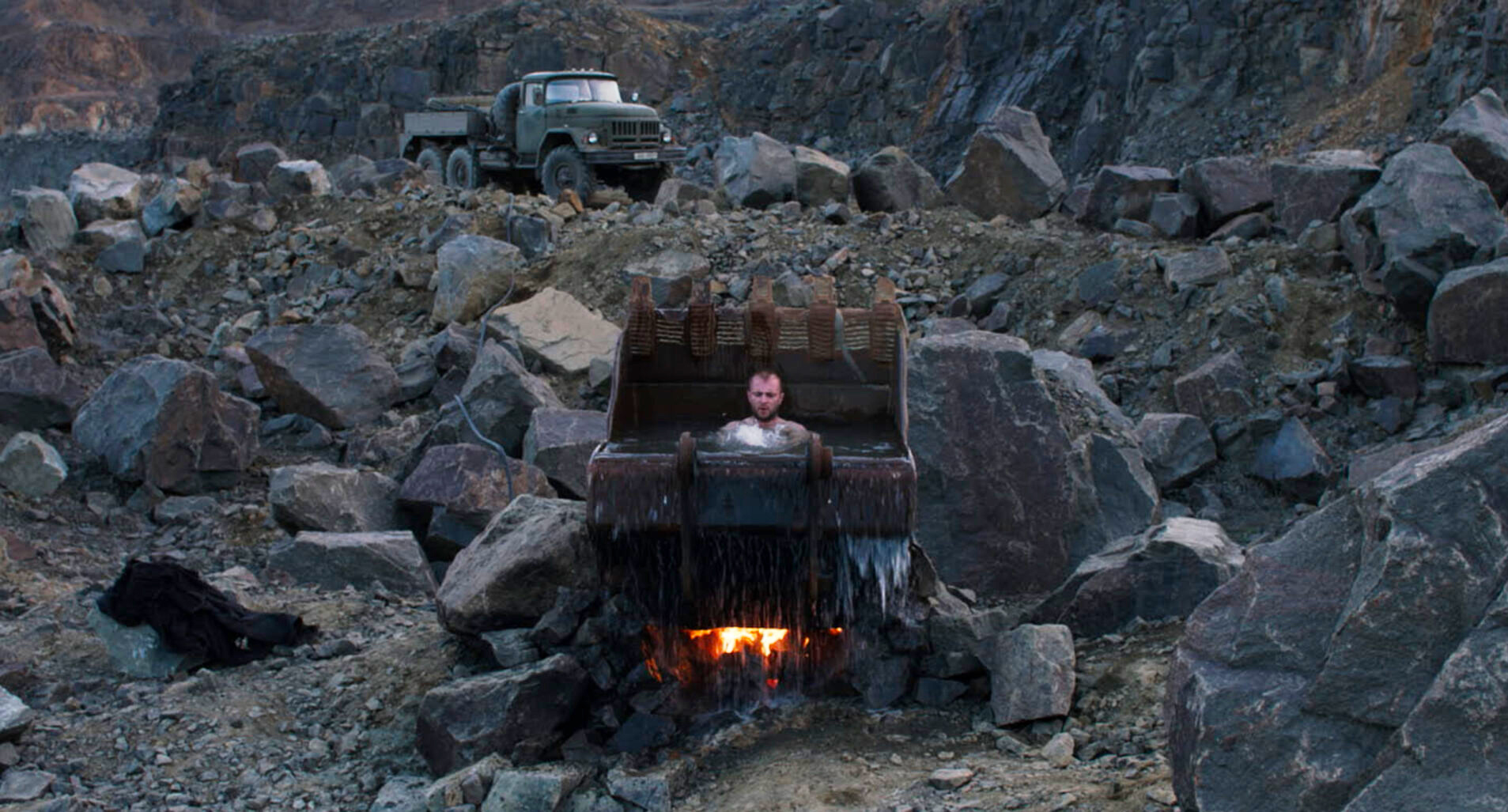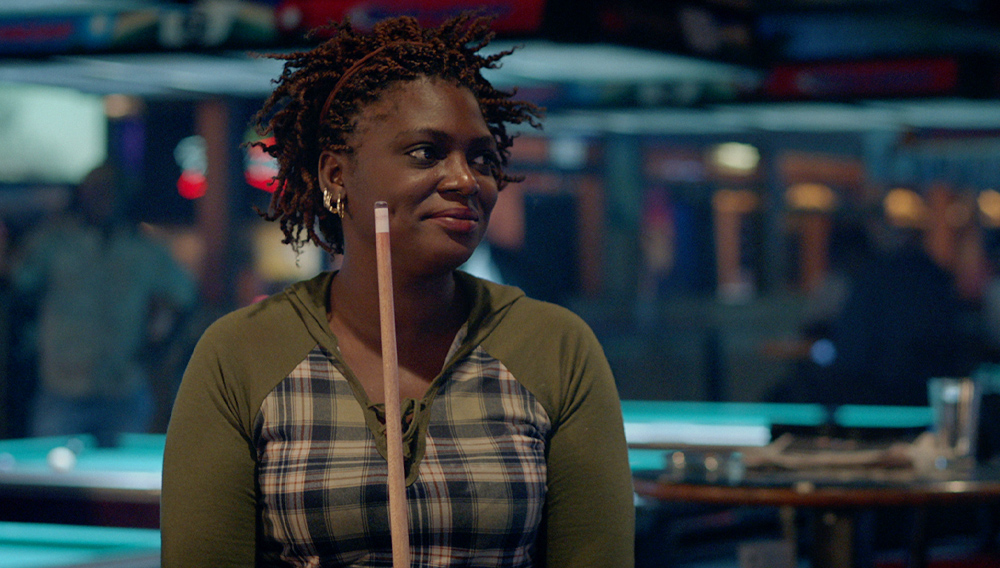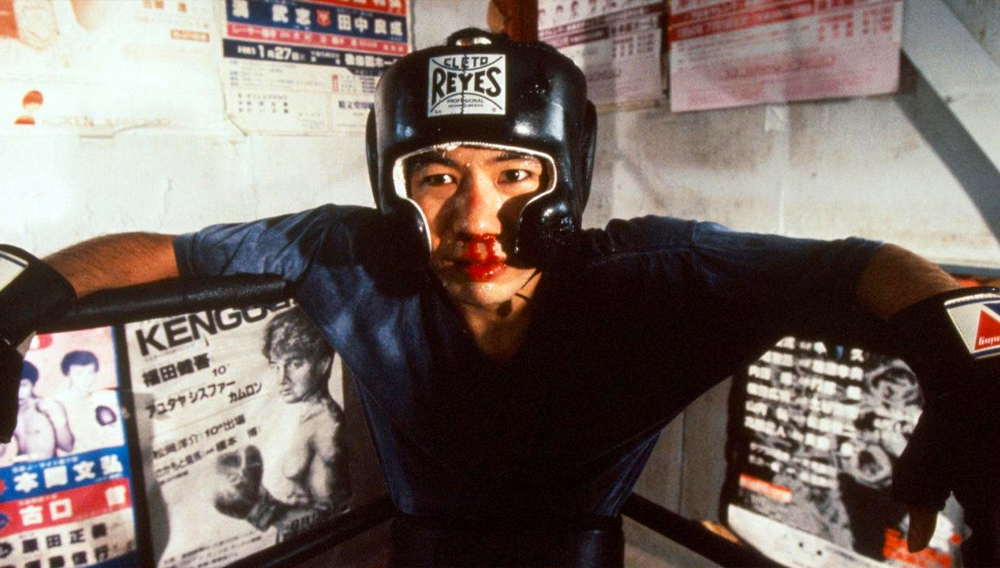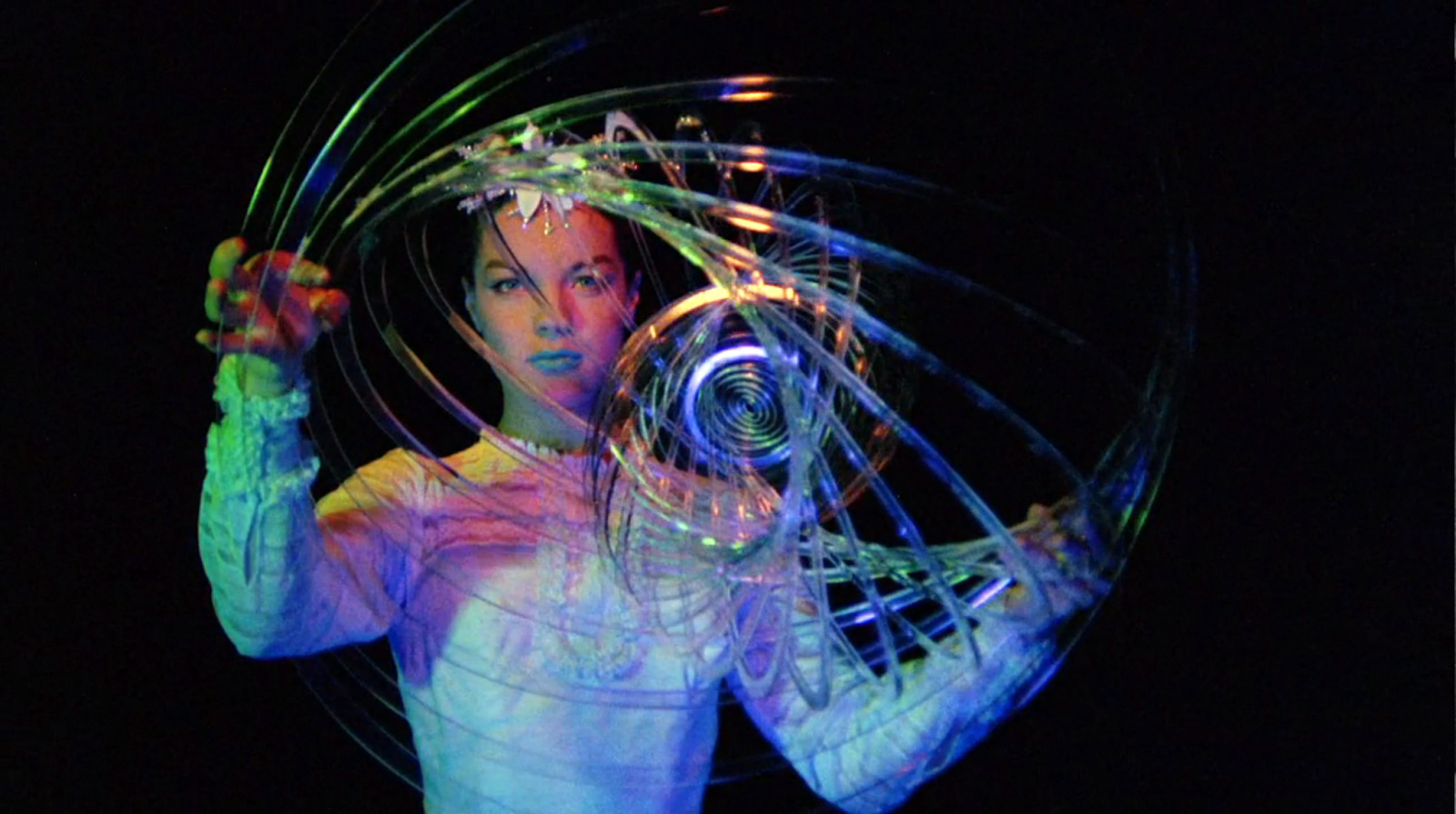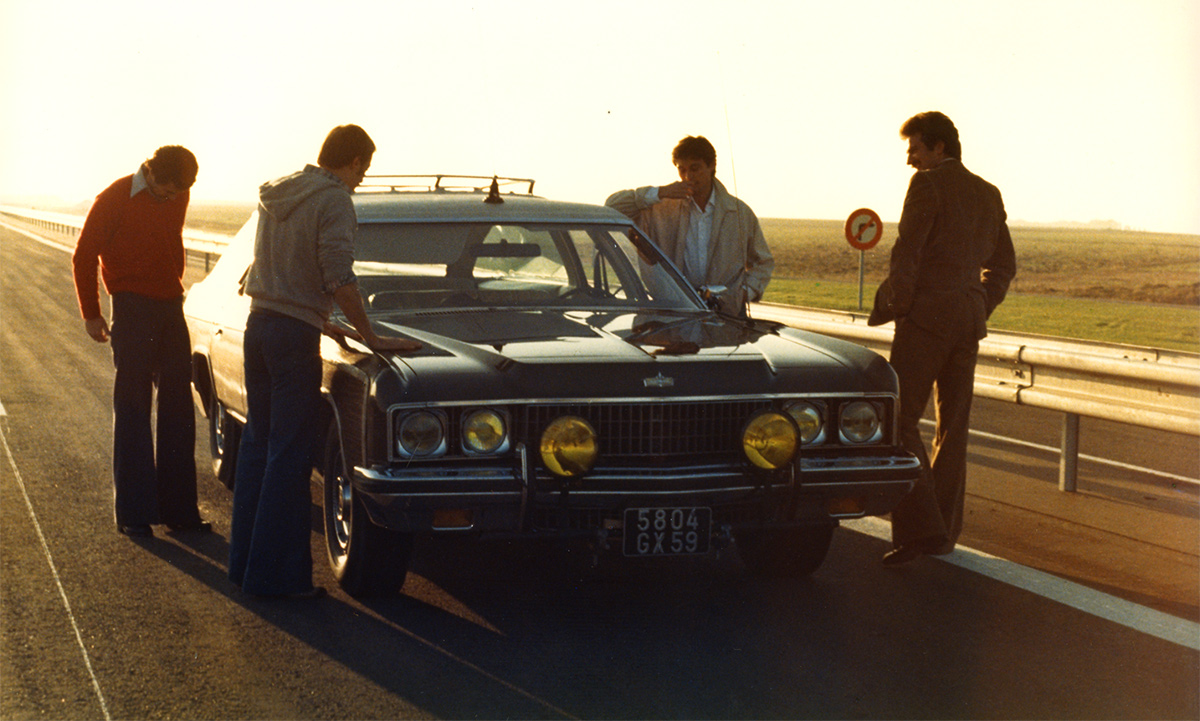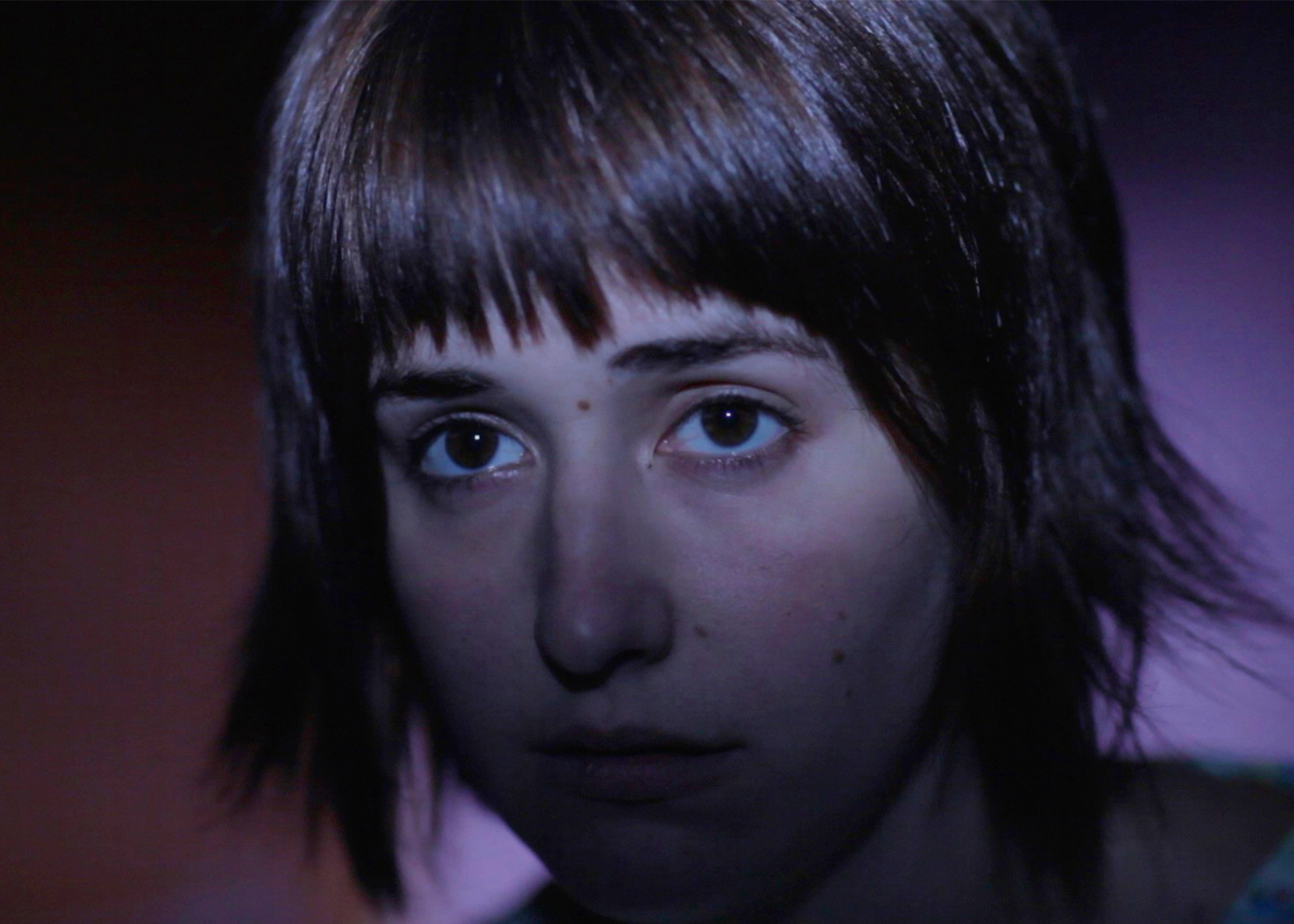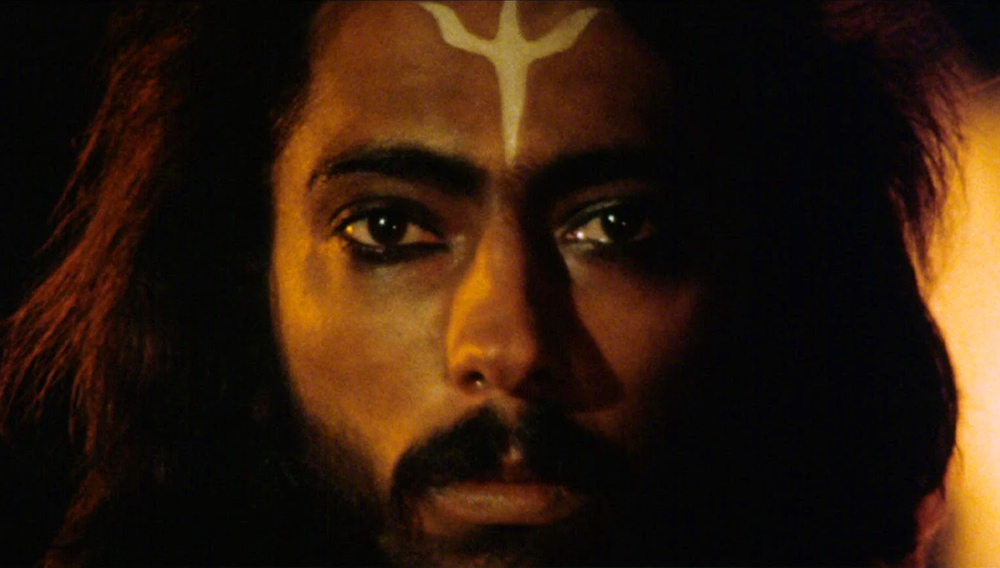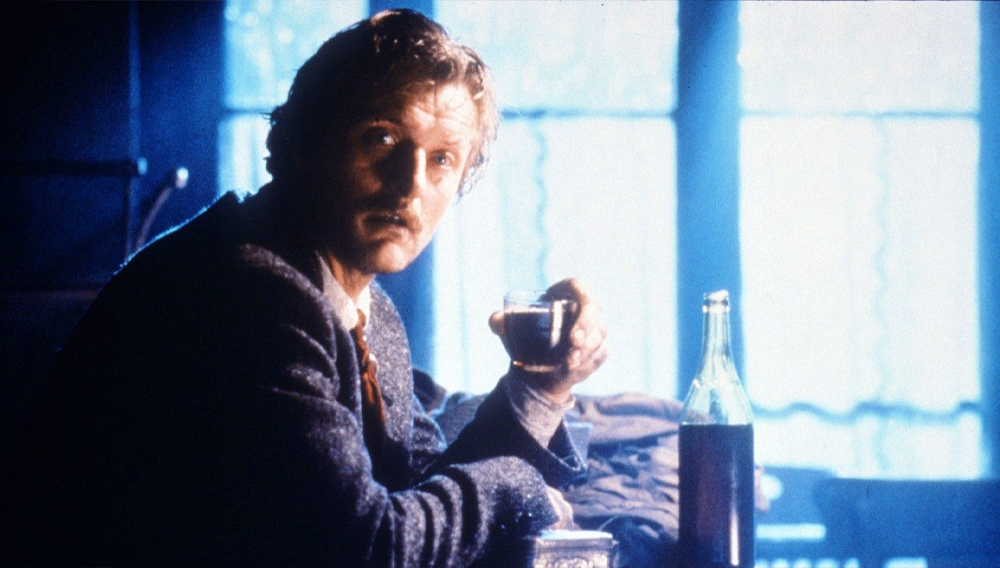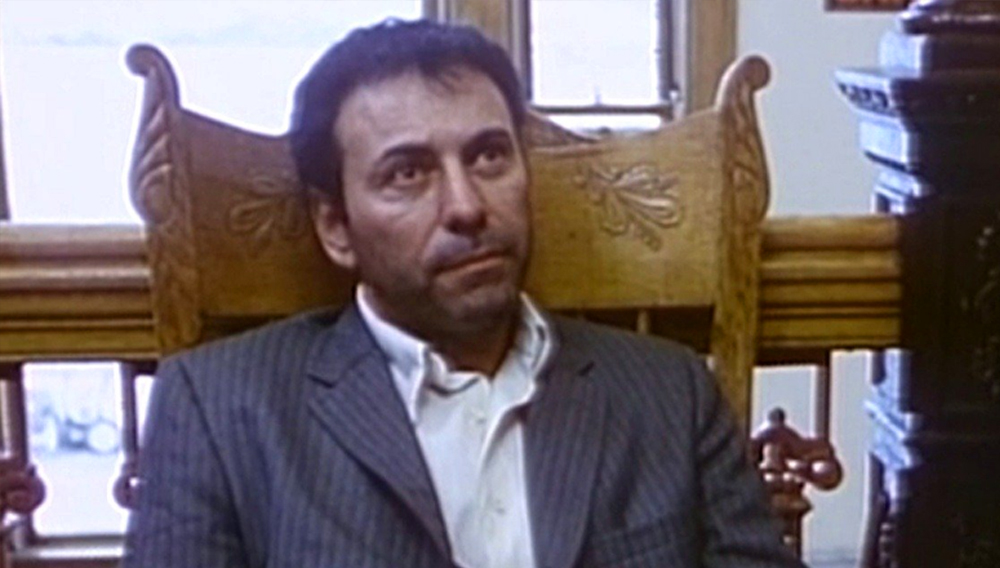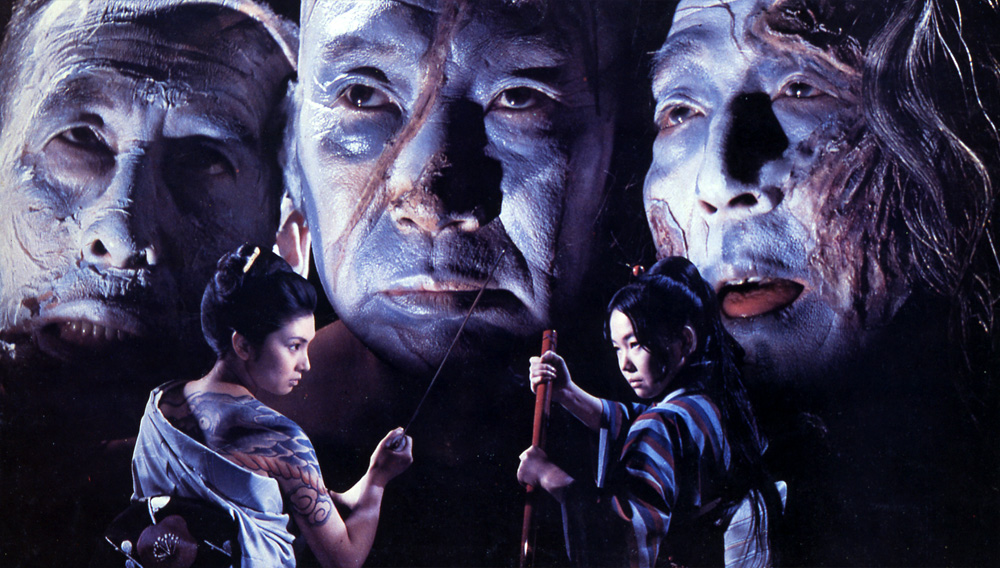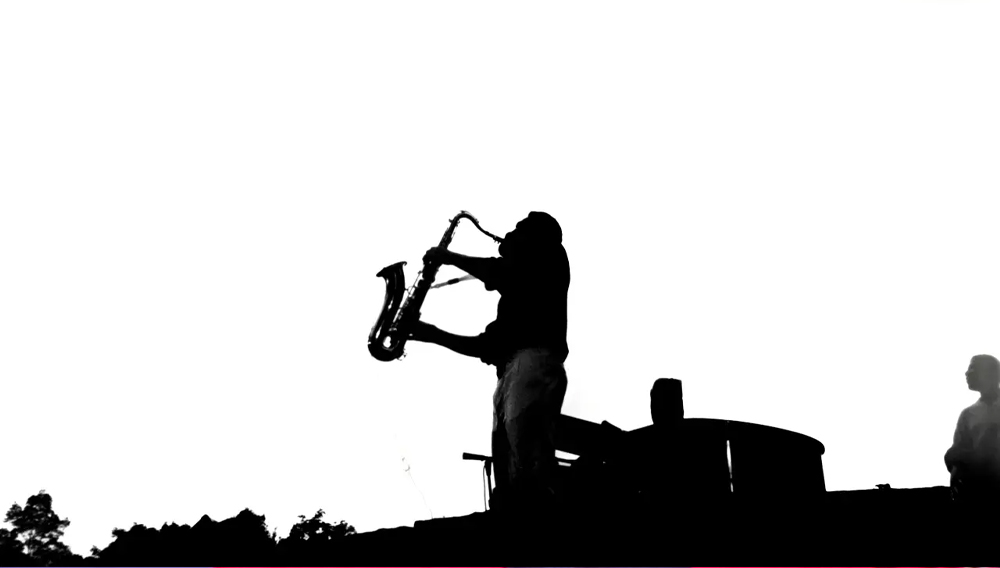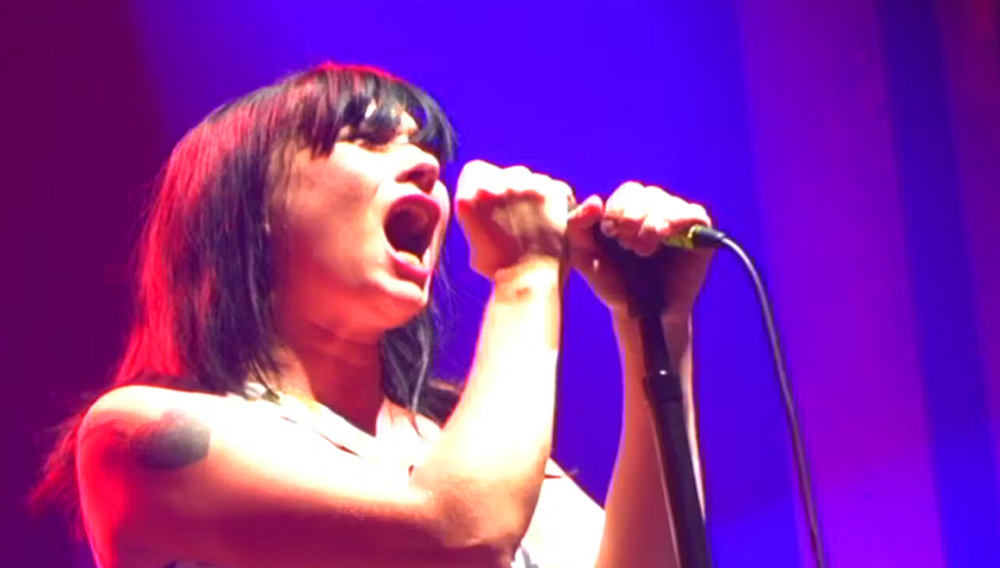As its title implies, Yelling Fire in an Empty Theater captures the drama, chaos and compass-spinning search for purpose that consumes the life of its fresh-out-of-college heroine Lisa (Isadora Leiva), an aspiring artist who ditches her native Florida to join her (seeming) boyfriend Eric (Ryan Martin Brown, also the film’s producer) in New York. She lands in a Crown Heights, Brooklyn apartment with a pair of quirky roommates—a young couple of vague employment status who always seem to be fighting. As Lisa struggles to find herself in the big city, her domestic situation grows ever more complicated and the men in her life prove flaky at best. She struggles for balance as the world around her spins ridiculously out of control.
Shot for peanuts with a mini-DV camera and anointed with a Best Narrative Feature nomination at the 2022 Slamdance Film Festival, Yelling Fire marks the debut of writer-director Justin Zuckerman, whose lo-fi aesthetic fits perfectly with the understated comic absurdity of his script. Zuckerman, like Brown, was a graduate of the Florida State University film school, where they got to know theater major Leiva, who acted in a few student productions. Besides their own social circle, much of the cast was drawn from the filmmakers’ favorite indie-film selections on Kentucker Audley’s No Budge platform. “We saw their shorts, reached out to them and everyone said yes,” said Zuckerman, speaking via Zoom from Washington D.C., where he now lives. “Everyone was excited to work on a tiny movie, which was surprising.” Leiva, who moved back to her native Miami after some post-collegiate time in New York, joined the director in this recent conversation about the beauty and the bloodshed of DIY no-budget movie shoots, the genius of using cameras that cost less than a New York lunch tab, and the enduring lessons of mumblecore. The film premieres today, exclusively on Fandor.
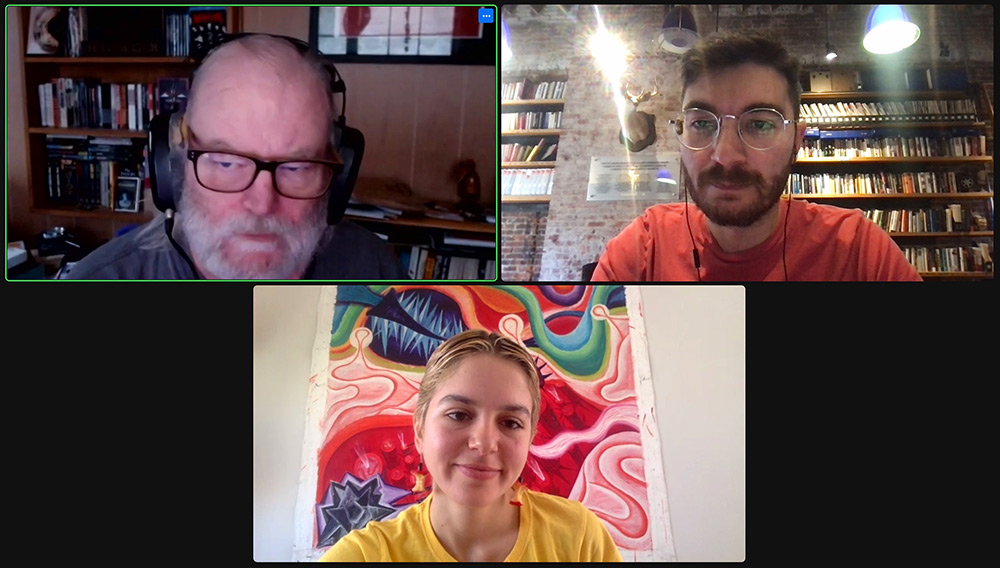
KEYFRAME: As I understand, you were having trouble getting something else going and said, “Screw it, let’s just make a movie”?
JUSTIN ZUCKERMAN: Yeah, a little bit. After I graduated from FSU, I moved to Los Angeles and worked on a variety of sets, some low-budget and some bigger ones. I was even at “Family Guy” for a little bit. I became upset with this Hollywood mentality where it seemed like no one really had fun making movies and were all doing it for a paycheck, to put out content. When I moved to New York, I said: “I just want to make a movie. It’s going to be an experiment, it’s going to be fun, and it’s not going to be for anyone or anything else.” I was living with this couple that was always arguing. I couldn’t think because they’re always arguing with each other. Well, maybe there’s something to that. So, I got some friends together—including Isadora—and we had what I hope was a fun time making a fun little movie.
That’s the classic New York scenario, stuck with housemates that drive you up the wall.
JZ: It’s funny because they were there the entire time we were filming but had no idea what was going on. I shot in my apartment. Our production designer Natalie [Lizbeth Montoya] was my other roommate at the time. It was like railroad houses that only really have two windows.
I love the production design, that “early nothing” look. There are two chairs in the whole place.
JZ: We made it a point to have [Isadora] on an air mattress… things on the wall. [Natalie] did a great job in it. The architecture of that actual apartment was so interesting that we had to use it. We had two living rooms and then a bunch of weird bedrooms, sliding doors, colors and things.
There’s a whole lineage of New York apartment movies with young people working it out. Did any older “chamber dramedies” have an influence?
JZ: When I was coming up with the idea, I was watching a ton of mumblecore movies. Specifically, Joe Swanberg and Kentucker Audley. And Gabi on the Roof in July [directed by Lawrence Michael Levine, co-star of Fandor faves Green and Swanberg’s All the Light in the Sky], because that’s a girl who moves to Brooklyn. It’s different in tone, but I really connected with it. And then movies by Nathan Silver as well. His Exit Elena was one of the biggest inspirations for this. It’s about a young woman who moves in with an elderly couple. I had a connection to that, too.
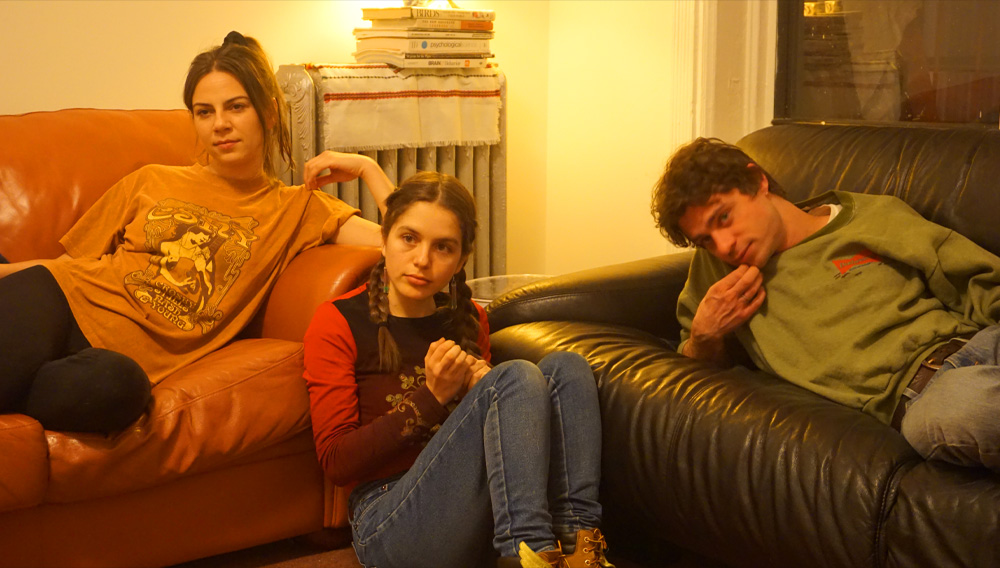
Isadora, how was your collaboration with Justin? Was this script pretty tight or were you riffing on it?
ISADORA LEIVA: Most of it was tight. There were little parts that maybe I added, but he’s a really funny writer. I didn’t want to mess too much with his work. He cast everyone well, so the energy just matched.
It’s so casually funny. There are these lines that sit there for a second and then they hit.
IL: My character is kind of the “straight man.” All the characters around me are chaotic. It was hard to sit through a scene and not crack up with all these amazing actors and writing.
JZ: She is the straight man around all these weird, quirky characters. But even her character has some great moments.
Like in the party scene, which starts off joyous and fun and spirals into mayhem. I’ve seen it happen. Can you talk about staging that sequence, and what goes into nimbly directing an ensemble?
JZ: We were lucky enough to use two cameras. We had camcorders and several important dialogue scenes we had to get. I also cut two different little B-roll scenes of people hanging out at a party. We tried to throw a real party with real drinks and invite people over. Then I would be off filming Isadora and Ryan in the hallway, or we’d go up to the room and it would be Isadora and [actor] Colin Burgess. I would give the camera to someone, and they would go into the party to film people having natural, weird conversations. It wasn’t until looking at the footage that I was able to create the scene, it was a surprise to me.
The film has a grainy quality I don’t associate with digital these days. You used cheap cameras?
JZ: A small Canon camcorder. I often carry it on me. I went to eBay, found another one for $40, got that and a bunch of tapes. Normally when you see digital or even mini-DV, it’s more prosumer cameras. But this is a classic home-movie/tourist camcorder. When you [enlarge the image] you get grain, which is cool and interesting.
It almost looks like VHS.
JZ: There were several reasons. A big one was the economics and the fact that when you use something like a mini-DV camcorder, you can get away with not using lights because it already looks like shit. If I used a nice camera, I would have to light [the set] well. Also, it’s only one zoom lens that allows us to get intimate with the actors or to run around, move how we want, just stop and start. It reminded me of when I made little YouTube shorts. I wanted to replicate that.
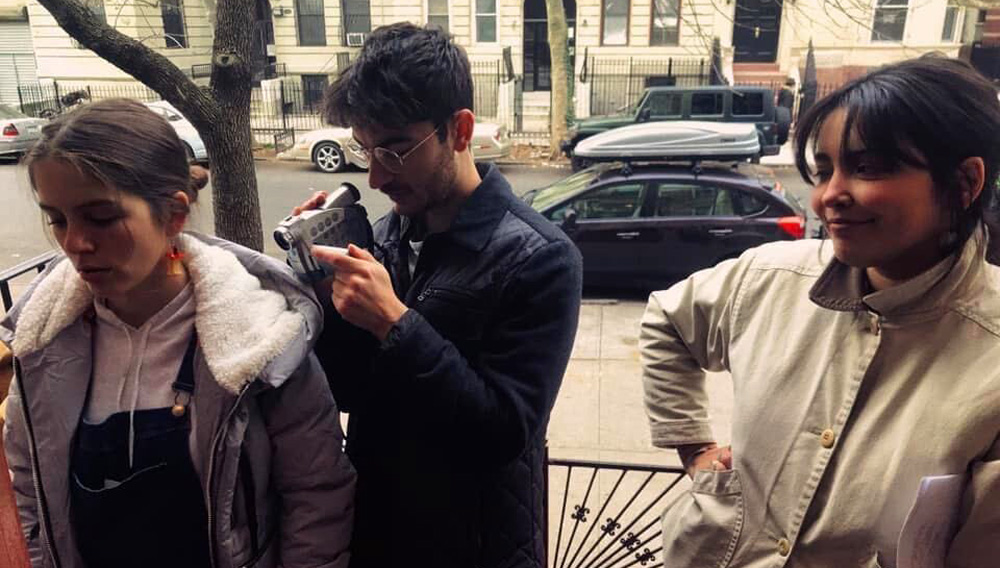
Isadora, what was your trajectory as an actor?
IL: In New York, I was going through the same thing Lisa was going through. A little aimless. I didn’t audition—I was working, like, four jobs. Now I am, but not that much then. I’ve been doing a lot of commercials lately. I have a shoot next week for Chewy. I did another one for Golden Corral but it’s not out yet. Disney. I played Tinkerbell. They cut my hair and made me go blond. Then I did a car commercial. I worked with another friend on a short film called River, and another short that’s 20 minutes or so. That’s supposed to be coming out in the next couple of weeks.
How did playing Lisa resonate with your own experiences?
IL: A lot of people feel lost in their early 20s, especially right after college. It’s the first time you’re ever out of a structure. It’s scary, daunting and almost paralyzing, having to make big decisions. She made one big decision, which was to move on impulse to New York—which is the same thing I did—and then didn’t make plans and push herself in any direction, I related to that. It’s stressful to watch it once you get through those things, but it feels truthful.
JZ: I wrote this with Isadora in mind. She was the first person I cast. I was very nervous asking her to be in it, but elated when she said yes.
IL: I had already seen all his other stuff. I was like, “Oh yeah, he’s a hilarious writer. Yes.”
JZ: She’s such a talented actress. She has the ability to play sweet and innocent while also stubborn or determined. Even though a lot of crap happens to Lisa, she’s able to hold her head up.
Thinking back to mumblecore, there were a lot of strong female protagonists. The Hollywood bias is that films are mostly about men. Your film taps into the former by centering on Lisa’s perspective.
JZ: Funny Ha Ha and Gabi were both big ones for me.
What is it to make a film like that now, 15 years after those?
JZ: Mumblecore has these very real conversations and acting, and filmmaking techniques that are simple. When you watch them, you go: “I could do that.” It’s what makes filmmaking special to me. As I was watching the mumblecore films, I noticed how there’s a lot of space in between things that people say—the awkwardness of people trying to communicate. The movie is also playing on tropes I see a lot, not necessarily in mumblecore, but of “the city as a character,” and trying to inject some uniqueness.
You went to film school at Florida State University, which has its own Oscar winners in Moonlight writer-director Barry Jenkins and producer Adele Romanski, who were alums along with David Robert Mitchell (Under the Silver Lake) and Wes Ball (Maze Runner).
JZ: I’ve made my biggest friendships and relationships through that. It’s funny because this movie was a bit of an anti-film school film. Everything I learned in film school, I dropped for this. I think my teachers would be very unhappy with the way that we made this.
Do you envision directing a bigger budget, professionally styled film at some point?
JZ: Nope, I have no idea. I just want to further my life. Make little $2,000 mini-DV movies. That’s just what I love to do. If it doesn’t pay the bills, that’s fine.
Keep it punk, man.




